
The United Nations Security Council veto power is the power of the five permanent members of the UN Security Council to veto any "substantive" resolution. They also happen to be the nuclear-weapon states (NWS) under the terms of the Treaty on the Non-Proliferation of Nuclear Weapons. However, a permanent member's abstention or absence does not prevent a draft resolution from being adopted. This veto power does not apply to "procedural" votes, as determined by the permanent members themselves. A permanent member can also block the selection of a Secretary-General, although a formal veto is unnecessary since the vote is taken behind closed doors.
Jennifer Mary Welsh is a Canadian professor of international relations, currently working as the Canada 150 Research Chair in Global Governance and Security at McGill University. Welsh is the Director of the Centre for International Peace and Security Studies at McGill's Max Bell School of Public Policy, and a co-director of the Canadian Research Network on Women, Peace and Security. Welsh is a frequent commentator in Canadian media on foreign affairs.
Edward C. Luck was an American professor, author, and expert in international relations. He served as the United Nations Secretary-General’s Special Adviser on the Responsibility to Protect between 2008 and 2012, appointed at the Assistant Secretary-General level. He was replaced by Jennifer Welsh of Canada. Previously he was Vice President of the International Peace Institute as well as the director of the Center on International Organization of the School of International and Public Affairs at Columbia University. He also served as Dean of the Joan B. Kroc School of Peace Studies at the University of San Diego between 2012 and 2013. From 2015 to 2021 Luck was the Arnold A. Saltzman Professor of Professional Practice in International and Public Affairs at the School of International and Public Affairs at Columbia University. He also served on the International Advisory Board of the Global Centre for the Responsibility to Protect.
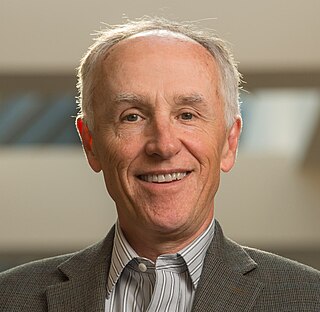
David Cortright is an American scholar and peace activist. He is a Vietnam veteran who is currently Professor Emeritus and special adviser for policy studies at the Keough School of Global Affairs and Kroc Institute for International Peace Studies at the University of Notre Dame, and the author, co-author, editor or co-editor of 22 books. Cortright has a long history of public advocacy for disarmament and the prevention of war.
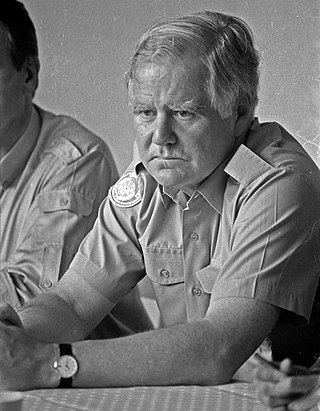
Sir Marrack Goulding KCMG was a British diplomat who served more than eleven years as Under-Secretary-General of the United Nations.
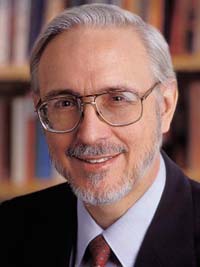
William M. LeoGrande is a professor of government and former dean of the American University School of Public Affairs. He is an expert on Latin America.
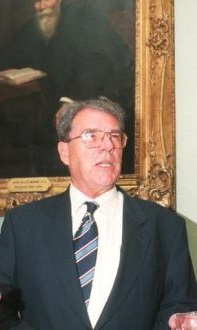
Cedric Henry Reid Thornberry was a Northern Irish international lawyer and Assistant-Secretary-General of the United Nations, for which he worked for 17 years. He spent most of his United Nations service in international peace keeping in Cyprus, the Middle East, the former Yugoslavia and Somalia.
Sir Adam Roberts is Emeritus Professor of International Relations at the University of Oxford, a senior research fellow in Oxford University's Department of Politics and International Relations, and an emeritus fellow of Balliol College, Oxford.
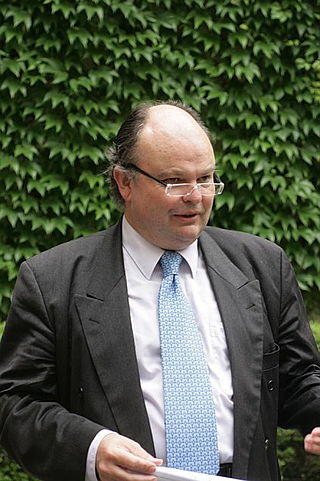
Wolfgang Franz Danspeckgruber is the Founding Director of the Liechtenstein Institute on Self-Determination at Princeton University and has been teaching on issues of state, international security, self-determination, diplomacy, and crisis diplomacy at Princeton's Woodrow Wilson School of Public and International Affairs and the Department of Politics since 1988. He is also founder and chair of the Liechtenstein Colloquium on European and International Affairs, LCM, a private diplomacy forum.

United Nations Security Council resolution 898, adopted unanimously on 23 February 1994, after reaffirming Resolution 782 (1992) and all subsequent resolutions on Mozambique, the Council discussed the implementation of the Rome General Peace Accords and established a 1,144 strong police component of the United Nations Operation in Mozambique (ONUMOZ).
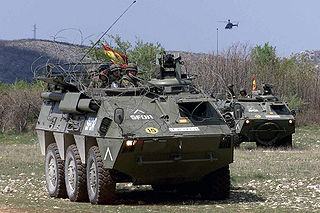
United Nations Security Council resolution 1088, adopted unanimously on 12 December 1996, after recalling all resolutions on the conflicts in the former Yugoslavia and in particular resolutions 1031 (1995) and 1035 (1995), the council, acting under Chapter VII of the United Nations Charter, authorised the creation of the Stabilisation Force (SFOR) in Bosnia and Herzegovina to replace the Implementation Force (IFOR).

Simon Chesterman is an Australian legal academic and writer who is currently a vice provost at the National University of Singapore and dean of the NUS College. He was the dean of NUS Faculty of Law from 2012 to 2022. He is also senior director of AI governance at AI Singapore, editor of the Asian Journal of International Law and co-president of the Law Schools Global League.

United Nations Security Council resolution 1423, adopted unanimously on 12 July 2002, after recalling resolutions 1031 (1995), 1035 (1995), 1088 (1996), 1103 (1997), 1107 (1997), 1144 (1997), 1168 (1998), 1174 (1998), 1184 (1998), 1247 (1999), 1305 (2000), 1357 (2001) and 1396 (2002), the Council extended the mandate of the United Nations Mission in Bosnia and Herzegovina (UNMIBH) for a period until on 31 December 2002 and authorised states participating in the NATO-led Stabilisation Force (SFOR) to continue to do so for a further twelve months.

United Nations Security Council resolution 1448, adopted unanimously on 9 December 2002, after reaffirming Resolution 864 (1993) and all subsequent resolutions on Angola, particularly resolutions 1127 (1997), 1173 (1998), 1237 (1999), 1295 (2000), 1336 (2001), 1348 (2001), 1374 (2001), 1404 (2002), 1412 (2002), 1432 (2002), 1434 (2002) and 1439 (2002), the Council noted progress in the country and lifted remaining sanctions against UNITA, including an arms embargo, travel restrictions and the freezing of assets.

United Nations Security Council Resolution 1658, adopted unanimously on February 14, 2006, after recalling resolutions 1542 (2004), 1576 (2004) and 1608 (2005) on the situation in Haiti, the Council extended the mandate of the United Nations Stabilisation Mission in Haiti (MINUSTAH) until August 15, 2006.

United Nations Security Council Resolution 1702, adopted unanimously on August 15, 2006, after recalling resolutions 1542 (2004), 1576 (2004), 1608 (2005) and 1658 (2006) on the situation in Haiti, the Council extended the mandate of the United Nations Stabilisation Mission in Haiti (MINUSTAH) until February 15, 2007.
Fen Osler Hampson is Chancellor's Professor and Professor of International Affairs at Carleton University and President of the World Refugee & Migration Council. He was a Visiting Fellow at The New Institute and a Distinguished Fellow and Director of Global Security Research at The Centre for International Governance Innovation. He was Co-Director of the Global Commission on Internet Governance. He was elected a Fellow of the Royal Society of Canada.
Mats R. Berdal is Professor of Security and Development at the Department of War Studies, King's College London.
Elizabeth M. Cousens is the current President and CEO of the United Nations Foundation.

Thania Paffenholz, born on 2 February 1965 in Cologne, Germany, is an academic and policy advisor working on peace processes. She is currently Director of Inclusive Peace. Thania Paffenholz has led comparative research of peace processes for over two decades and has been an advisor in peace processes in Mozambique, Angola, Somalia, Kenya, Uganda, South Sudan, Mali, Afghanistan, Nepal, Sri Lanka, Myanmar, Yemen, Egypt, El Salvador, Syria and Colombia. She received the Wihuri International Prize in 2015 for her work as a peace researcher.














